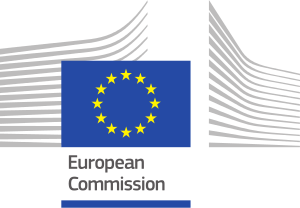What is the problem?
REDD+ is a UN-initiated scheme aimed at shifting the forest economy from short-term profit to long-term security by offering financial incentives to forest-rich countries to hold onto their woodland. It refers to “reducing emissions from deforestation and forest degradation in developing countries, and the role of conservation, sustainable management of forests, and enhancement of forest carbon stocks in developing countries”
However, this initiative, which could help slow climate change, is being jeopardised by corruption, due to the vast sums of money involved in the logging industry.
What are we doing?
Transparency International’s Secretariat is leading on a project to mitigate the risks of corruption to this initiative. This project is run in partnership with Transparency International chapters and partners in Cameroon, the Republic of Congo, the Democratic Republic of Congo, Ghana, Zambia, and Zimbabwe.
Transparency International EU is supporting this project through advocacy work at the EU level. The EU, as the largest importer of timber among industrialised economies, can play a leading role in ensuring that checks and balances against corruption protect forests from abuse. Notably, the EU’s main tools in this regard are the FLEGT (Forest Law Enforcement, Governance and Trade) Action Plan, introducing Voluntary Partnership Agreements (VPAs) with timber-rich countries, and the EU Timber Regulation (EUTR), making it a criminal offence for companies to place illegally-harvested timber or products made from illegal timber on the EU market. Transparency International EU is advocating for a better implementation of these important tools.

